#WITmonth
Text
9 Short Stories by Kuwaiti Women, in Translation
This year, we continue our Women in Translation Month (#WiTMonth) Wednesday series of “9 Stories” lists.
In 2021, we featured short fiction by Sudanese and South Sudanese women, by Algerian women, by Egyptian women, and by Syrian women, all in translation.
In 2022, we added a short collections of work by Palestinian women writers,by Lebanese women writers, by Moroccan women writers, and by…
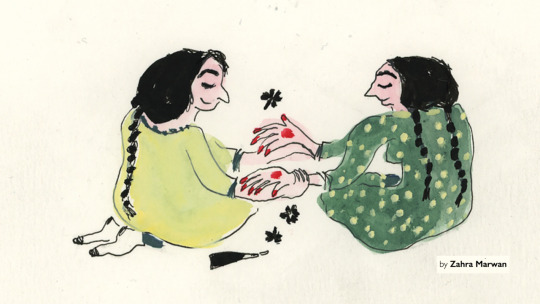
View On WordPress
3 notes
·
View notes
Text
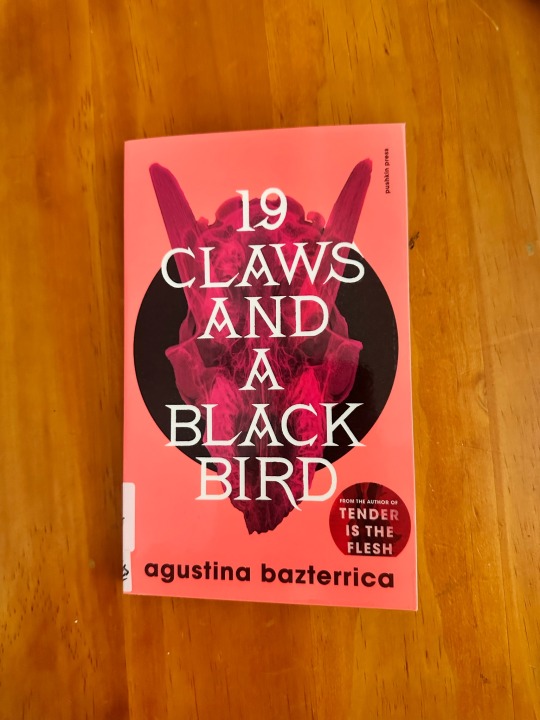
Book 1 of #WITMonth: Nineteen Claws and a Black Bird by Agustina Bazterrica (translated by Sarah Moses) It seems I love horror short story collections from Argentina, so I was disappointed that this wasn’t better. The first few stories and the last was great but the rest left me wanting so much more.
#translated lit#translated literature#translatedliterature#read in 2023#translatedlit#women in translation#reading#literature#short story collection#witmonth
2 notes
·
View notes
Text
What does S have on her #witmonth tbr for this August? She's sharing her list on today's blog!
2 notes
·
View notes
Text
Welcome to Casablanca: Blood Feast by Malika Moustadraf
Welcome to Casablanca: Blood Feast by Malika Moustadraf @FeministPress @Read_WIT #WITMonth #ArabicLit
First, read the stories. Unsettling, allow them to assault your senses. Enter a world marred by poverty and illness, poisoned by the values of traditional patriarchal society, infused with everyday magic and superstition where women and men are trapped in roles defined by factors beyond their immediate control. This is the Casablanca of Malika Moustadraf’s fictional landscape, the space in which…
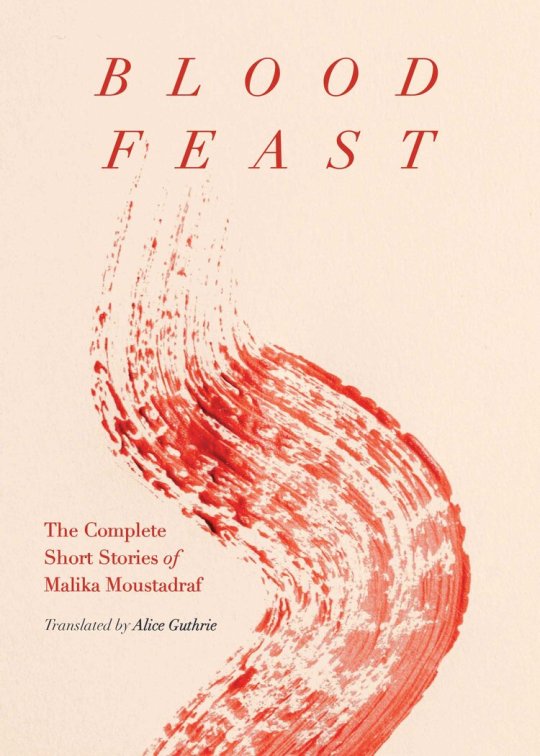
View On WordPress
#WITMonth#womenintranslation#Alice Guthrie#Arabic#Blood Feast#book review#books#Feminist Press#literature#Malika Mostadraf#Moroccan#short stories#Something Strange Like Hunger#translation
2 notes
·
View notes
Text
"...in the country, brides always cry..." #WITMonth @Glagoslav
My final book for #WITMonth is an intriguing title from a favourite indie publisher, Glagoslav; the book is “The Time of Woman” by Elena Chizhova, translated by Simon Patterson and edited by Nina Chordas. Chizhova has been nominated for the Russian Booker Prize three times, winning with this book in 2009, so I was very keen to explore her writing.
Set in post-WW2 Soviet times, the books does…
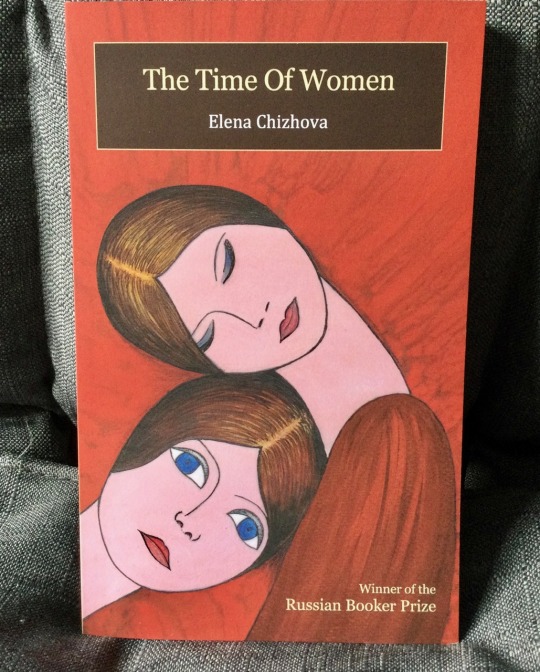
View On WordPress
0 notes
Text
Winding Up the Week #339
An end of week recap
The saddest aspect of life right now is that science gathers knowledge faster than society gathers wisdom.”
– Isaac Asimov
My partner and I are preparing to marry in 2024. We had a Civil Partnership in 2004 (when it first become legal in the UK), and were pretty much the first couple to do so in our small Welsh community with only our mums in attendance – probably because, as…

View On WordPress
#WITMonth#Isaac Asimov#Kate Roberts#Katie Gramich#Snowdonia#Welsh Writers#Women in Translation Month 2023#Women Writers
0 notes
Text
Women In Translation Roundup with a Hispanic Flavour

In honour of August being the month of women in translation #WITmonth I wanted to focus on four of my most recent literary reads all written by women. While very different novels they all have a Hispanic flavour:
The Lords Of Time
By Eva García Sáenz
Translated by Nick Caistor
Vintage/Lizard
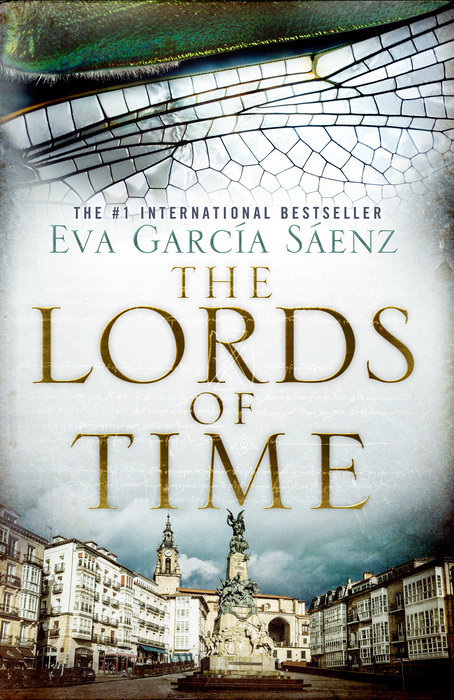
The Lords Of Time is the conclusion to her White City trilogy, following the opening novel The Silence Of The White City and The Water Rituals. The first novel in the series was actually my favourite novel of 2020 and was also the subject of a adaption available on Netlix (please don’t watch it before reading the book). I loved the combination of a modern crime story which is fully integrated to the history of the Basque city of Vitoria-Gasteiz featuring Unai Lopez de Ayala (known as Kraken) and his colleague Estíbaliz Ruiz de Gauna. The second book in the series The Water Rituals followed the pregnant woman has been murdered in a brutal, ritualistic way leading to the reopening of a historic serial killer case.
In The Lords of Time Unai and Estíbaliz are investigating the disappearance of two sisters. At a book launch for a new historical account of Vitoria which has been written by an unnamed author, a wealthy businessman is found dead. When his cause of death is determined it turns out he was poisoned with an aphrodisiac used in medieval times.
The Lords Of Time is the most imaginative novel of the series so far as Eva García Sáenz de Urturi take the further step of having a separate narrative set solely in the year 1192. This story follows a the viewpoint of a Count Diego Velilaz from that period who has returned to Vitoria after being presumed dead to find that his brother has married his one time girlfriend. Later therr is a mediaeval siege of the walled city. These narratives are those featured in the new book. As Unai reads this historical account he comes to the realisation that both the death of the businessman and the disappearance of the sisters appear directly inspired by segments in this book. He has to discover the identity of the author and when indications are that collected leads him to a reclusive nobleman in who lives in the ancient Nograno tower he has to discover if this man could be capable of such elaborate murders. The man’s effect on Estíbaliz, astonishes Unai, while he also has to faced the realisation that he cannot both continue to be absorbed with criminal investigations and maintain a happy family life. Something will have to give.
The Lords Of Time is a blend of the past and present as it focusses on current psychology of serial killers. While I was able a few of the book’s mysteries, the switches between the two parallel narratives keep the story at a fast tempo. I had assumed I would prefer Unai’s narrative, I also found I really liked the historical saga and was keen to discover the fate of the characters.
There are no real graphic descriptions although there are some fascinating macabre rituals detailed in this book, such as method of torture called perpetual confinement and the condemning a victim to be placed in a sealed barrel with a rooster, a dog, a cat and a snake and then thrown into a river. It certainly ends the original trilogy on a high showcases all the author’s writing talents.
I was partly enticed to visit northern Spain due to my enjoyment in this series. While there in July I did discover a new novel has now been added to the series - The Black Book of Hours – a fourth instalment to the White City series and I really hope in time this is also published in English.
Here is a very different novel also set in the Basque city of Vitoria-Gasteiz from a new publisher.
Mothers Don’t
By Katixa Agirre
Translated by Kristin Addis
3TimesRebel
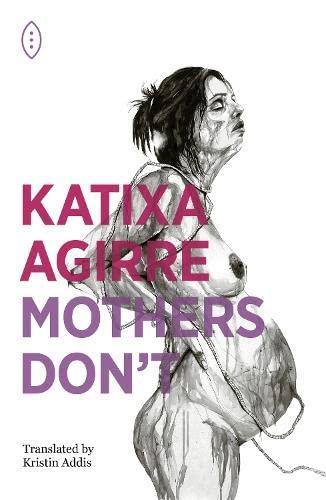
Mothers Don’t is the first book by new Scottish based publisher 3TimesRebel which has been set up with the ambition of spreading voices and topics silenced by the dominant, they specialise in translating and publishing female authors who write in minority languages. In this case Katixa Agirre’s story is translated from Basque.
When a news story breaks that a woman has drowned her recently born twins, this becomes a sensation all over the media. The novel’s unnamed narrator who is a journalist is even more shocked than everyone else when she realises that she knew the mother, once known as Jade, many years before when they were both students in England. Perhaps due to the fact she is heavily pregnant at the time, she is absorbed by the story and decides to investigate what could lead a mother whom she once knew to murder one of her babies after another.
Several months later as the trial beckons, in her quest to find the answer, the narrator makes plans to put her newly born child in day care but continue her own leave of absence from work. Making regular trips from Bilbao to Gasteiz she tries to seek answers. Having had a novel published on the Basque separatist movement ETA, she plans to write another novel about Jade – not for sensationalist reasons but to ensure greater awareness of the mental health issues that women can suffer post pregnancy.
Despite the heavy subject nature, Mothers Don’t is a smooth and fluid read which as well as examining the case of Jade, also considers famous suspected cases of infanticide by mothers as well as more natural instances in the animal world. Having hypothesised several explanations, the conclusions tie in to the same timeframe as the verdict in her study ties. This is a fascinating fictional study of motherhood and post-natal challenges providing a fairly unique perspective.
3TimesRebel have a second book available which I have also read:
Dead Lands
By Núria Bendicho
Translated by Maruxa Relano & Martha Tennent
3TimesRebel
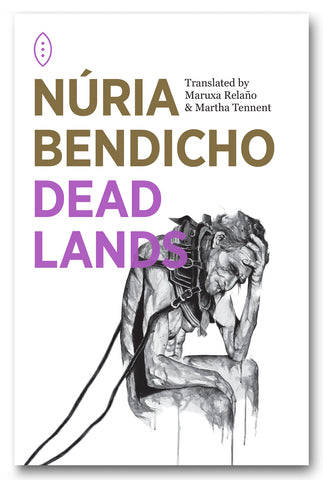
Interestingly Dead Lands is the translation by mother and daughter team of the debut novel, “Terres Mortes”, by author Catalan author Nuria Benedicho Giró.
As the title might indicate, this book feels very far away from the grand streets of Barcelona. Indeed while reading it, the environment depicted and atmosphere described felt more like a location in the developing world rather than part of Western Europe.
The novel focuses on a very dysfunctional family living a frugal life in a remote inland area of Catalonia. At the moment the reader encounters the family, a gun shot has been fired and Jon, the eldest son has been found dead in their isolate house. As the only occupants were the family the novel unravels the story of who was the one to shoot him. Yet far from a locked door mystery, Dead Lands is uniquely told from the perspective of 13 different characters recalling the build up to Jon’s death. As the story infolds bad blood between family members and sordid secrets are revealed through the narrative. The one emotion that feels devoid is sorry. As Jon had recently returned to the family home after departing the family home 3 years earlier. This was a period in which his mother had already grieved his loss and the rest of the family had got used to him gone, with boiling resentment to his return and re-established his privileged position.
This polyphonic approach I found was very absorbing as you begin to understand there is never one truth but a range of different readings of each scenario. Sibling rivalry, unwanted pregnancies and many vile aspects of human behaviour are shown, along with some episodes which could almost be considered dark humour such as getting the corpse to fit the coffin rather than the other way around. The dead lands of the title may refer to the dry and unfertile land but it is also a metaphor the for the decaying family unit. I saw one term for this novel as a Catalan Western which seems quite apt. While going through some of the more peripheral characters begins to make the story somewhat voyeuristic the encompassing abode and it’s the stifling surroundings do compel you to continue until the final reveal.
Many thanks to Anna Zanetti at Midaspr for the two 3TimesRebel titles.
Some themes from this novel about the decay of family are present in my final review which is from Ecuador:
This World Does Not Belong to Us
By Natalia Garcia Freire
Translated by Victor Meadowcroft
Oneworld Publications
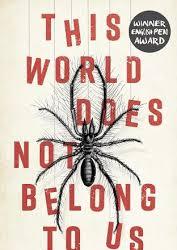
As a fan of translated fiction and a strong interest in Latin America, I was very interested to read this novel by a young author for Ecuador which features an entomologic theme. This is the second book I have read from the South American country following the short story selection, Cockfight by María Fernanda Ampuero which was a stark and brutal yet insightful collection of short stories.
Natalia Garcia Freire is a journalist and author from Cuenca, Ecuador with a Master's degree in Creative Writing from the Escuela de Escritores in Madrid. This is her first novel which tells the story of Lucas Torrente de Valses. He's the only son of a wealthy land owner, he who lives with his parents in an unnamed town. His family have a large home and a comfortable life living off the land and their animals. Lucas is reared mainly by nursemaids while his mother devotes her attention to the garden, although both she and a tutor stimulate the young boy’s interest in insects, much to the displeasure of his father.
When his father brings back two strangers, Felisberto and Eloy to stay, the whole family dynamic and domestic tranquillity ends dramatically. The two intruders are two repulsive characters as the prose describes colourfully who do nothing to further the financial status of the family, instead they appear to be bleeding them dry. In a 192 page story some developments are left to the reader’s imagination but Lucas’ father marginalises his wife and eventually Lucas is banished.
Years later he returns to the family home to find the deterioration of the house and land, while he is unable to engage with the home’s human inhabitants. Housed with the remaining animals, he is able to do so with the insect population, in particular a poisonous spider. The narration reveals far more positive characteristics about the “tiny animals attracted by the warmth surrounding death” than those who have brought the real poison that have caused death and destruction. Finally the home is claimed forever.
When one imagines a story featuring the presence of insects you might think they would introduce a horror element to the story yet Freire flips these expectations. The beauty is in the power of nature and the passage of the temporary presence of humans.
This World Does Not Belong is a masterful and literary tale from an intelligent and extremely well read new author whose influences include late American authors as diverse as William H Gas and Shirley Jackson. A story of human’s greed and self-defeating behaviour becoming a catalyst for change and the restoration of the natural world.
Just to add I enclosed a very interesting discussion with Natalia García Freire with Silje Ulstein at the Edinburgh International Book Festival on Monday 29th August which was very helpful in completing the review of this book which I read in June.
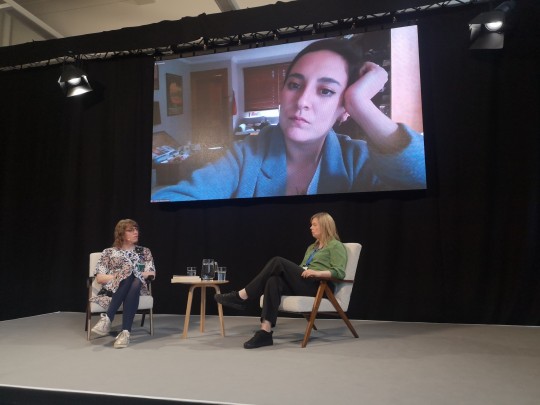
0 notes
Text
August 2022
August was a productive month covering several titles by women in translation. Besides some posts here, you can check out my full thread over on twitter.
With the summer months coming to a close, things will be a bit slower around here. I hope as the seasons change wonderful reading is in store too.
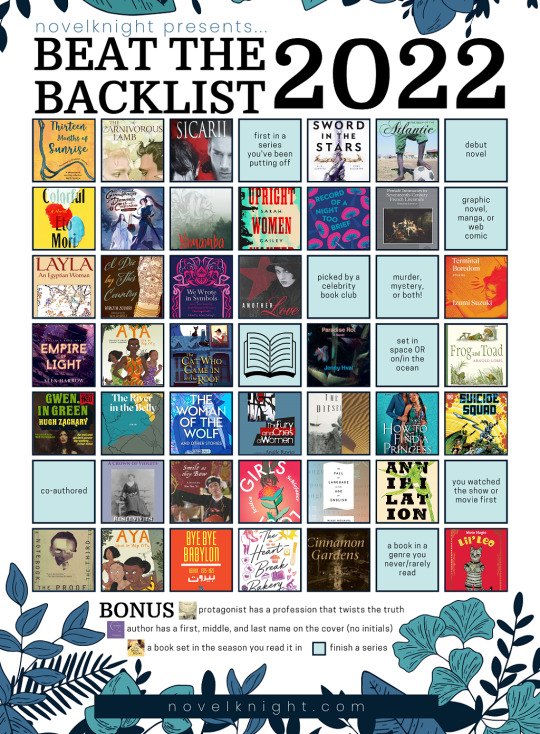
0 notes
Text

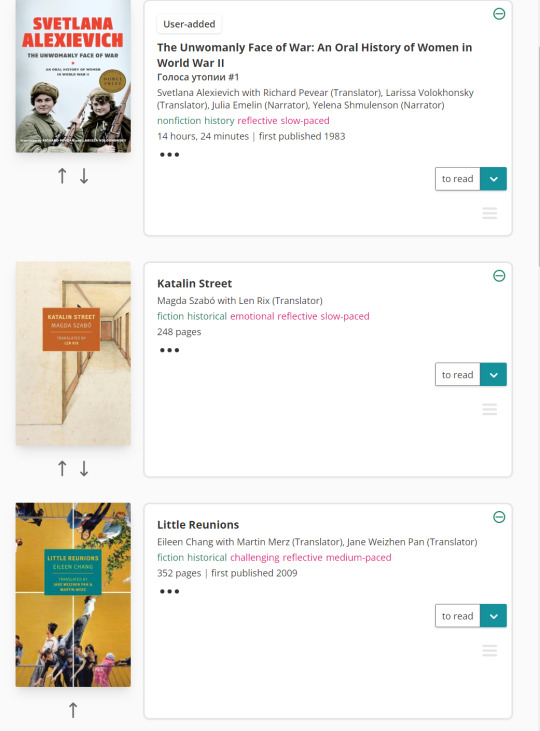
Great things about The StoryGraph--I can set up to 5 books on my to read shelf as being Up Next. Oh, and in case anyone is interested in what I have planned for August's Women in Translation Month.
1 note
·
View note
Video
youtube
Shin Kyung-sook: Part 2
#youtube#책추천 책스타그램 북스타그램 bookstagram book reading KoreanLiterature 책리뷰 WITMonth 이진 신경숙 TheCourtDancer ShinKyungsook
0 notes
Text
9 Short Stories by Iraqi Women, in Translation
9 Short Stories by Iraqi Women, in Translation
By ArabLit Staff
Today, the last in our Women in Translation Month (#WiTMonth) Wednesday series of “9 Stories” lists. In 2021, we featured short fiction by Sudanese and South Sudanese women, by Algerian women, by Egyptian women, and by Syrian women, all in translation. This year, we added nine-story anthologies of work by Palestinian, Lebanese, and Moroccan women writers, also in…
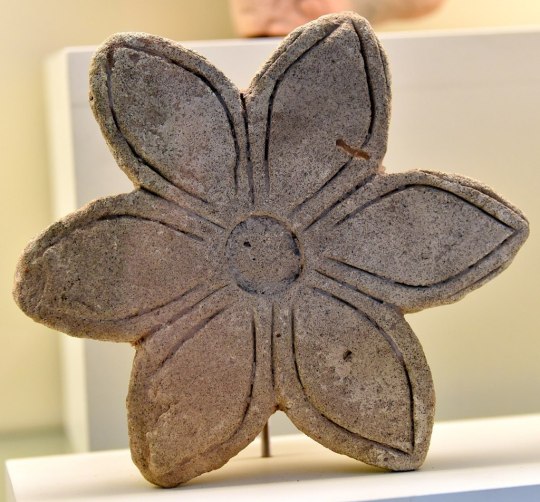
View On WordPress
0 notes
Text
Book 4 of #WITMonth: Life Ceremony by Sayaka Murata (translated by Ginny Tapley Takemori) I wasn’t a fan of these short stories, the oddity felt a little juvenile, and reminds me too much of Agustina Bazterrica. This isn’t my thing and I know she does better stories than this. The best story here was Hatchling, if it wasn’t for that, I may have given this 2 stars.
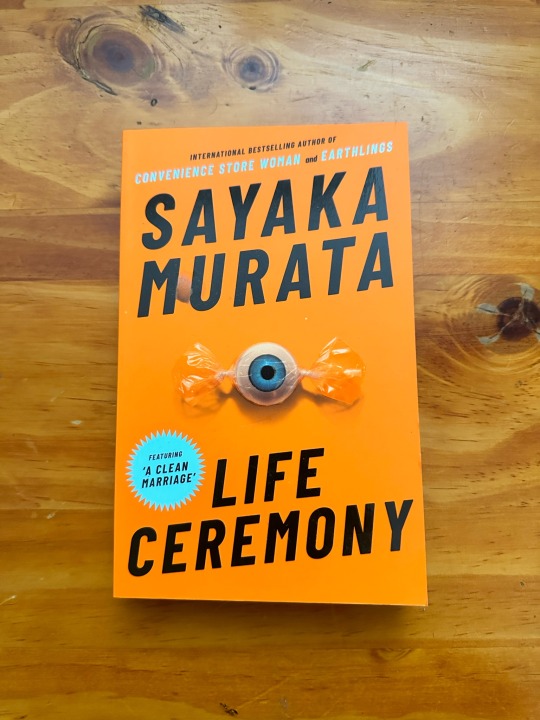
Book 4 of #WITMonth: Life Ceremony by Sayaka Murata (translated by Ginny Tapley Takemori) I wasn’t a fan of these short stories, the oddity felt a little juvenile, and reminds me too much of Agustina Bazterrica. This isn’t my thing and I know she does better stories than this. The best story here was Hatchling, if it wasn’t for that, I may have given this 2 stars.
#translated lit#translated literature#translatedliterature#read in 2023#translatedlit#women in translation#reading#literature#short stories#witmonth
1 note
·
View note
Text
S recaps her #WITMonth on today's blog.
1 note
·
View note
Text
A chronicle of pain: Mother of 1084 by Mahasweta Devi
A chronicle of pain: Mother of 1084 by Mahasweta Devi @seagullbooks @Read_WIT
The pain had come at eight in the evening. Hem with all her experience had said, It won’t take time, Ma. The womb has started pushing it out. Hem held her hands and said, Let all be well. Let God bring you back, the two of you separate.
Sujata’s story is framed and defined by pain. As it opens she is asleep, her dreams have transported her back twenty-two years, to the morning following an…
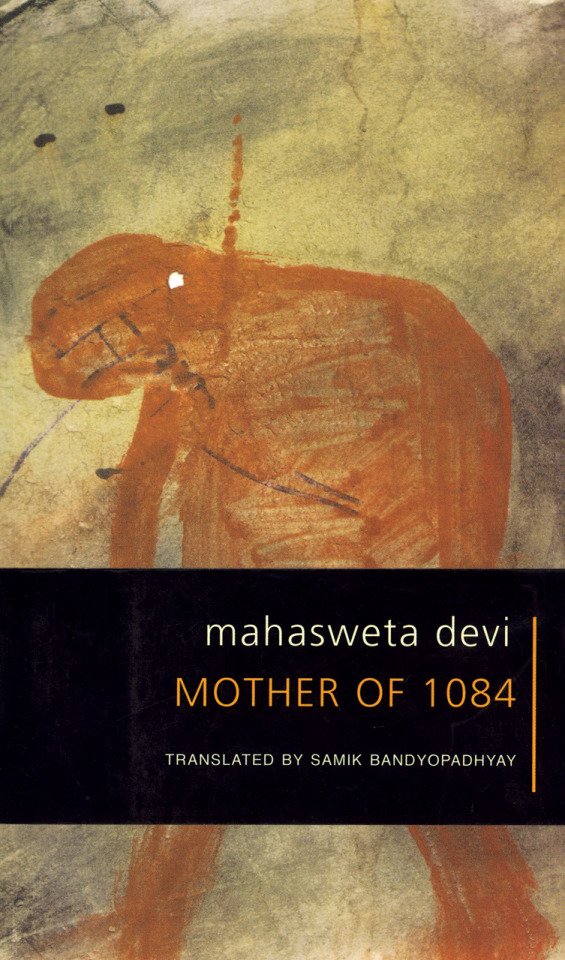
View On WordPress
#WITMonth#womenintranslation#Bangla/Bengali#book review#books#India#literature#Mahsweta Devi#Mother of 1084#Samik Bandyopadhyay#Seagull Books#translation
0 notes
Text
July reading and August plans! #AllViragoAllAugust #WITMonth #TDiRS22
July reading and August plans! #AllViragoAllAugust #WITMonth #TDiRS22
Without wanting to turn into a moany old bat, I have to say that July was not without its issues… The heat, for one thing, was phenomenal in my part of the UK, and I don’t deal with it well. There was ongoing stuff to do with the Aged Parent, work was screamingly busy and I was so tired all the time that I often strugged to read. What I did read was marvellous, though, and here it is – things…
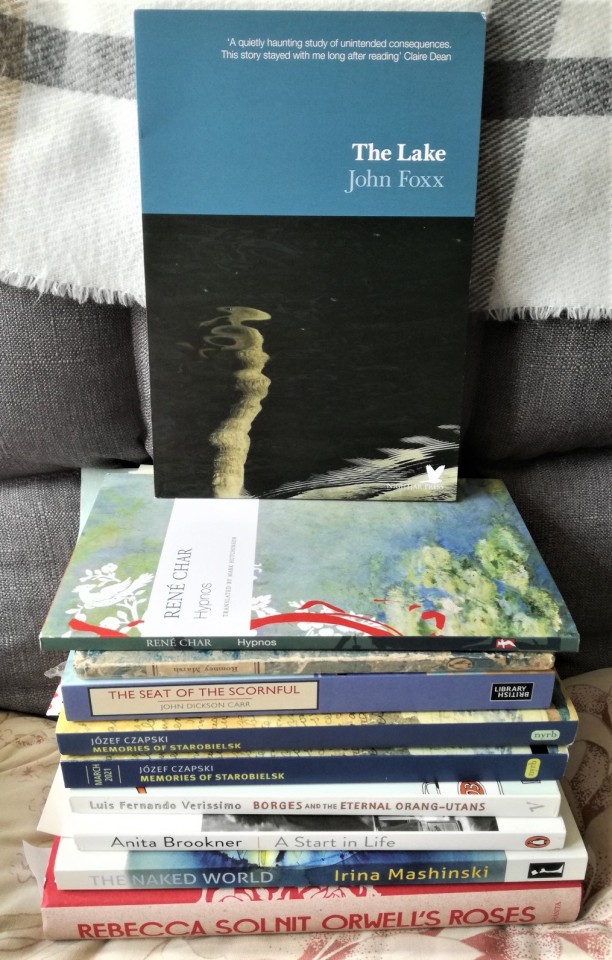
View On WordPress
0 notes
Text
women in translation month wrap-up
here's what i read this witmonth, faves marked with *
das verbotene notizbuch, alba de céspedes (translated from the italian by verena from koskull, english translation: forbidden notebook, by ann goldstein)
salomés zorn, simone atangana bekono (translated from the dutch by ira wilhelm, no english translation yet)
witches, brenda lozano (translated from the spanish by heather cleary)
*three summers, margarita liberaki (translated from the greek by karen van dyck)
breasts and eggs, mieko kawakami (translated from the japanese by sam bett & david boyd)
im park der prächtigen schwestern, camila sosa villada (translated from the spanish by svenja becker, english translation: bad girls, by kit maude)
*boulder, eva baltasar (translated from the catalan by julia sanches): READ BOULDER BY EVA BALTASAR
sweet days of discipline, fleur jaeggy (translated from the italian by tim parks)
the wandering, intan paramaditha (translated from the indonesian by stephen j. epstein)
my pen is the wing of a bird, anthology of short stories by afghan women, translated from dari & pashto
all your children, scattered, beata umbyeyi mairesse (translated from the french by alison anderson)
*waking lions, ayelet gundar-goshen (translated from the hebrew by sondra silverston)
*the lover, marguerite duras (translated from the french by barbara bray)
*trieste, daša drndić (translated from the croatian by ellen elias-bursać)
evil flowers, gunnhild øyehaug (translated from the norwegian by kari dickson)
*empty wardrobes, maria judite de carvalho (translated from the portuguese by margaret jull costa)
die tochter, kim hye-jin (translated from the korean by lee ki-hyang, english translation: concerning my daughter, by jamie chang)
still reading:
the books of jacob, olga tokarczuk (translated from the polish by jennifer croft
mister n, najwa barakat (translated from the arabic by luke leafgren)
10 notes
·
View notes